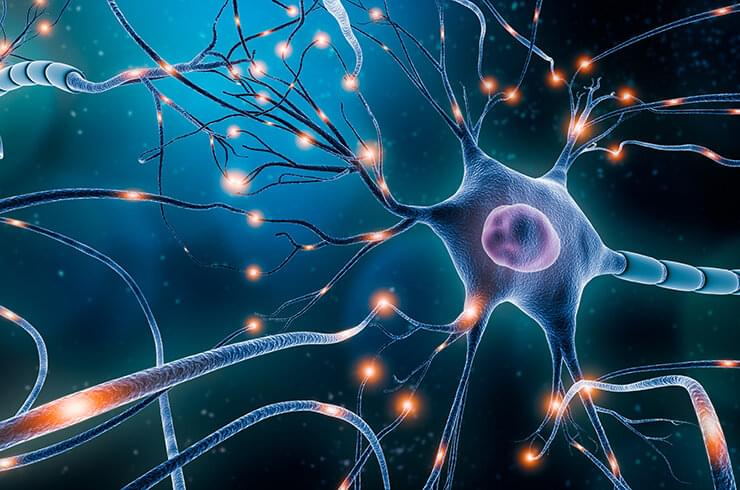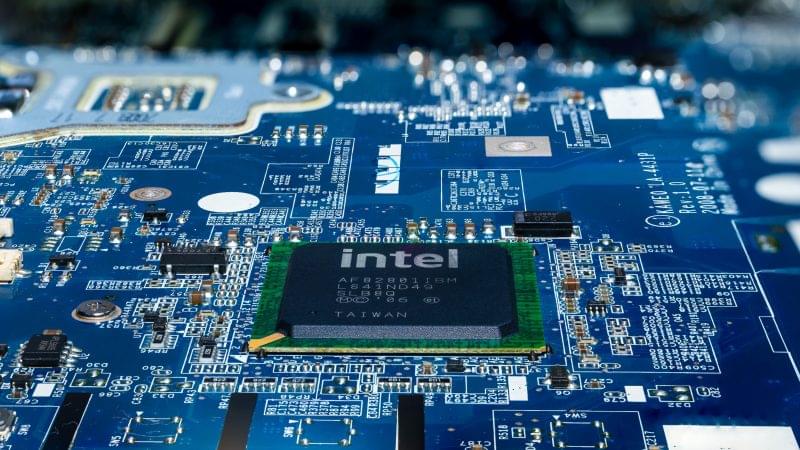Summary: A new study brings understanding how the brain processes information one step closer.
Source: friedrich miescher institute for biomedical research.
For amplifying sensory stimuli quickly and accurately, neuronal circuits require specific wiring. Some 70 years ago, the compelling idea that “neurons that fire together wire together” emerged. Yet, in computational models, neurons that wire together tend to succumb to an explosion of activity and instability not observed in neurobiology. The lab of Friedemann Zenke now characterized a plausible yet straightforward mechanism that biology may use to avoid this issue.









